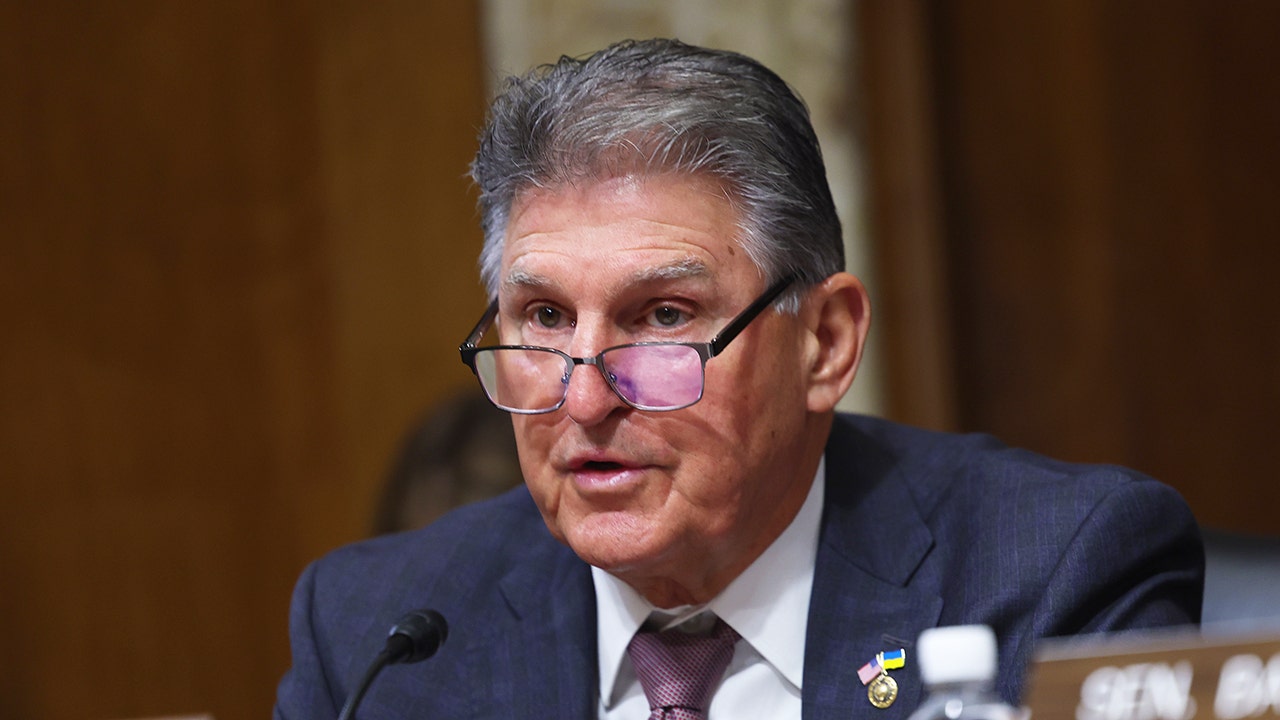Fresno Gun Stores Owners Blame California Laws, Taxes, And The Economy For Shutdowns

Right off the bat, California is a horrible place to own a business, and I’m talking about any business, not just a gun store. If you don’t believe me, you may be surprised by the number of companies and some of the names on the list fleeing the failing state since 2020. Sure, you know Elon Musk took off faster than Gavin Newsom violating his own COVID-19 lockdown, but did you know about Chevron, Neutrogena, Blaze Pizza, McAfee, Hyperion, Edelbrock Group, Charles Schwab, Oracle, Pabst Brewing and many more? In light of this, it should not come as any surprise that gun stores are being run out of business as well.
The land of high taxes, higher regulations and politicians that are so high they don’t know what day it is has claimed the lives of two small firearms shops in the Fresno area last month alone, with South Gate Firearm Supply closing its doors after five years and PRK Arms calling it as well after sixteen. Owners of both stores attribute the downfall to crippling California gun laws and high taxes.
“It hurts… I wish we could stay open…. Just isn’t sustainable,” said Ryan Farrell, owner of South Gate Firearm Supply.
In addition to rent increases, out-of-control energy costs, workers’ compensation, insurance and inflation factors plaguing all businesses, especially those in California, Farrell says the closures are “95% because of these regulations.”
What are some of these regulations? If we were to go through every way in which California infringes upon the civil liberties of law-abiding citizens, I doubt our servers could handle the bandwidth. Let’s take a look at some of the latest forms of weaponized legislation used to oppress California gun owners and drive small businesses into the ground.
11% TAX ON GUNS AND AMMUNITION
Assembly Bill 28, known as the Gun Violence Prevention and School Safety Act, went into effect on July 1. The bill places an 11% tax on all firearms and ammunition purchases. Proponents say the tax seeks to fund violence prevention efforts in the state.
What you smell there aren’t the fecal-lined streets of San Francisco, but the excrement of a bullish variety. With a marked increase in homelessness, mental illness, and sanctuary policies paving the road for violent gangs, drug dealers, and traffickers to pour over the border, I don’t think California can make any genuine claim of such noble intent. It’s no wonder the state has seen so many citizens escaping the extremist left-wing governance that they actually ran out of Uhaul trucks.
While the owner of PRK Arms has declined on-the-record interviews, he did express similar views as Farrell, calling the struggles of owning a gun store “a perfect storm.” Farrell cited a 50% decrease in sales in the month of July, signaling he could no longer sustain business beyond his lease. Both owners agree that the 11% tax was the “nail in the coffin.” But it wasn’t the only nail.
ONE GUN PER MONTH LAW
Beginning in 2024, a new California law went into effect that limited residents to one firearm purchase of any kind within 30 days. By mid-August a three-justice panel from the 9th U.S. Circuit Court of Appeals overturned the law, however, the 7 1/2-month stretch of damage had already been done. Once again California claims honorable design, meaning to address gun trafficking and straw purchases, however, the emerging pattern paints a picture of a much more deliberate agenda.
“It’s in our culture… They buy guns for investments and buy guns for collections. If you’re a sporting clays shooter, you don’t have one gun for sporting clays. You probably have 20, 30 different guns… It affected us. There definitely had been people who wanted to buy more than one gun and I turned them away because they bought a gun like 20 days ago,” Farrell says.
The one gun purchase every 30 days restriction remains ongoing with a federal appeals court now considering its constitutionality. If you’re not convinced yet, let’s look at one more regulation being forced on gun stores that may help complete the painting.
SURVEILLANCE
Senate Bill 1384, signed in September 2022 but effective as of 2024, requires firearms dealers to maintain digital video and audio surveillance systems that record all entries and exits, all areas where firearms are displayed, and all points of sale on their premises. This sounds reasonable until you take a look at the fine print.
The surveillance is required to record for 24 hours per day with video time stamps and must be stored for at least one year.
“The storage requirements are massive… It wasn’t the camera cost; it was the data recorder/data storage cost that really kicked in… The DOJ could’ve done something simple like motion-activated only… Start recording when something’s moving in the area. That’d cut (expenses) at least by half. I mean we also have an alarm system. So if someone breaks in, it’s going to set off a motion-detection system. To record while no one is in here, I don’t know what the purpose is for that,” says Ryan Farrell.
Ryan is being nice here. We all know the purpose.
With California driving smaller gun store owners out of business, concerns within the local community that additional mom-and-pop gun stores may follow suit are growing, leaving only big box retail stores like Wal-Mart and Sportsman’s Warehouse.
“Hell of a loss for our community… They already don’t have many gun shops nearby. When you lose these small gun shops — a place where the people look you in the eye, know what they’re talking about, actually caters to the people — that’s not good… These mom and pop gun shops like South Gate Firearm, we’re going to miss them,” says Delbert Greer, a longtime gun enthusiast and resident of Prather.
As a former resident of California, I got out. While I encourage others to do the same, it is difficult for many families whose lives are deeply rooted within the state. Between the rising crime rates, an untenable cost of living and businesses leaving and taking jobs with them, the question isn’t where the state will end up, but how long it will take to get there.
Read the full article here







